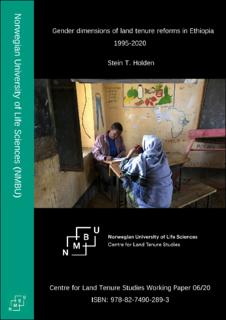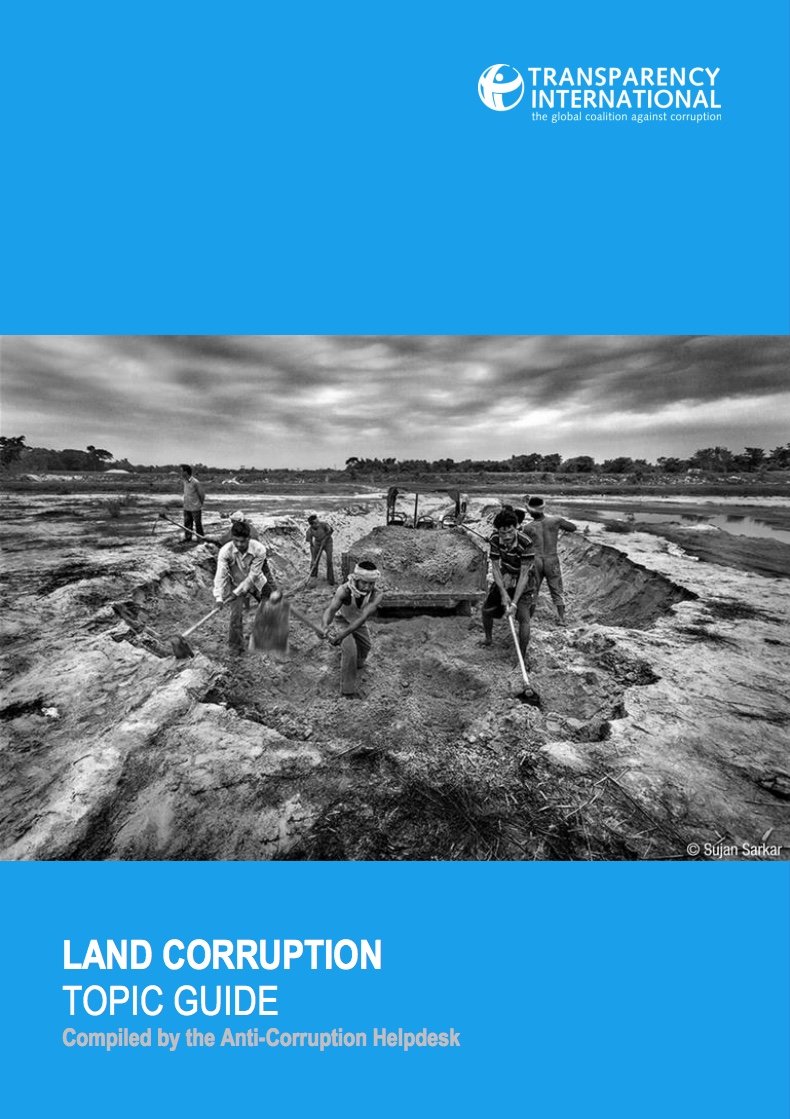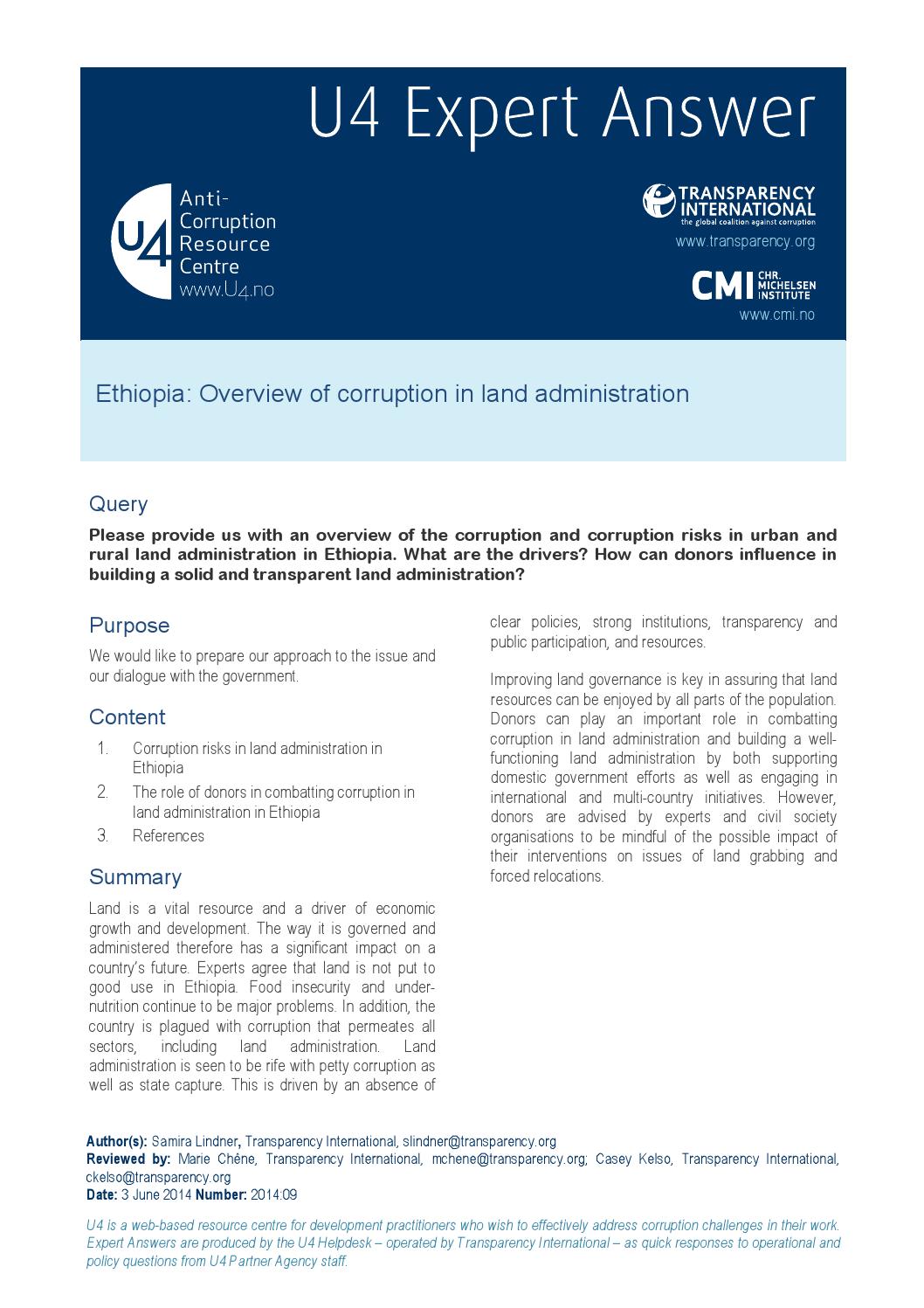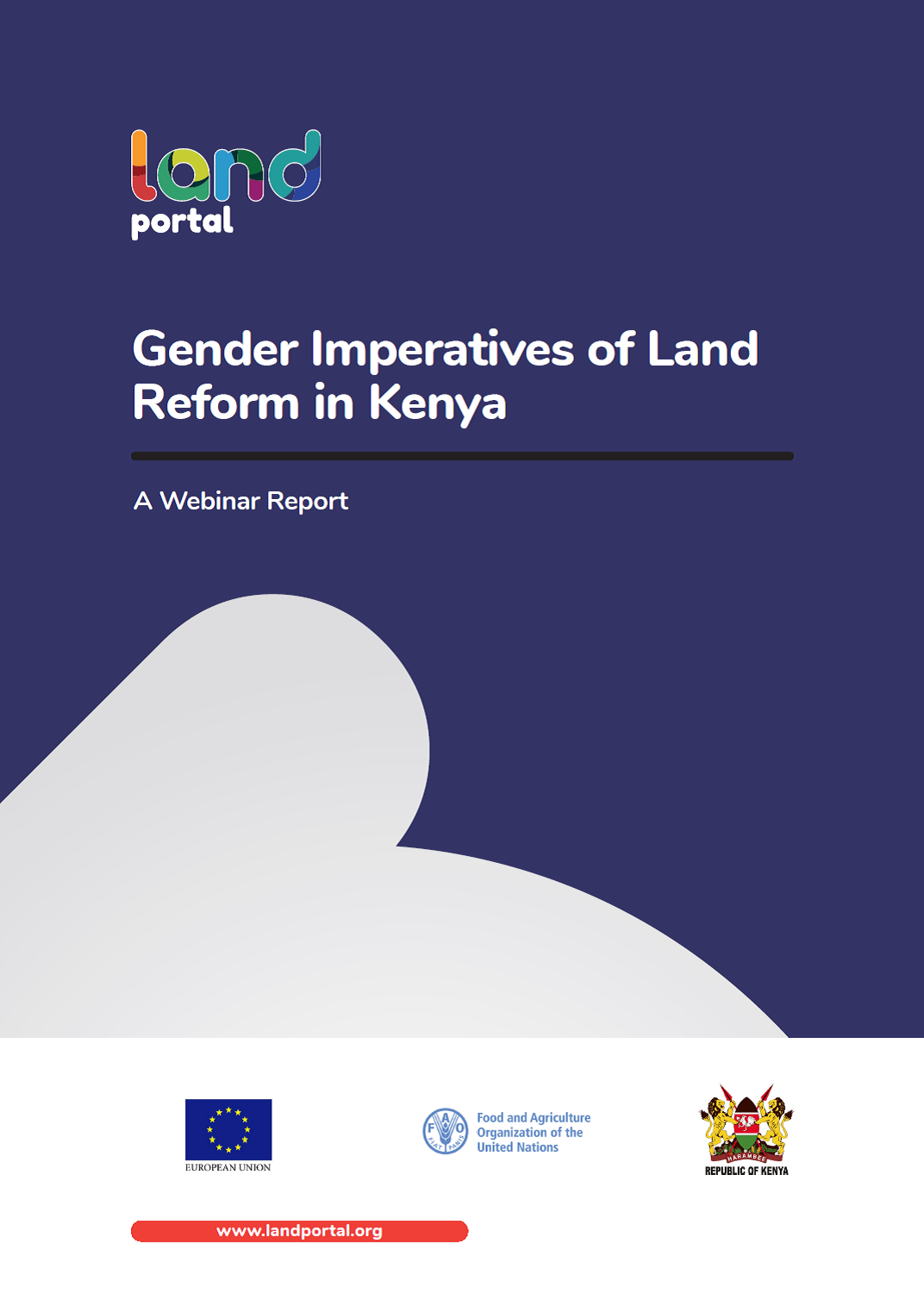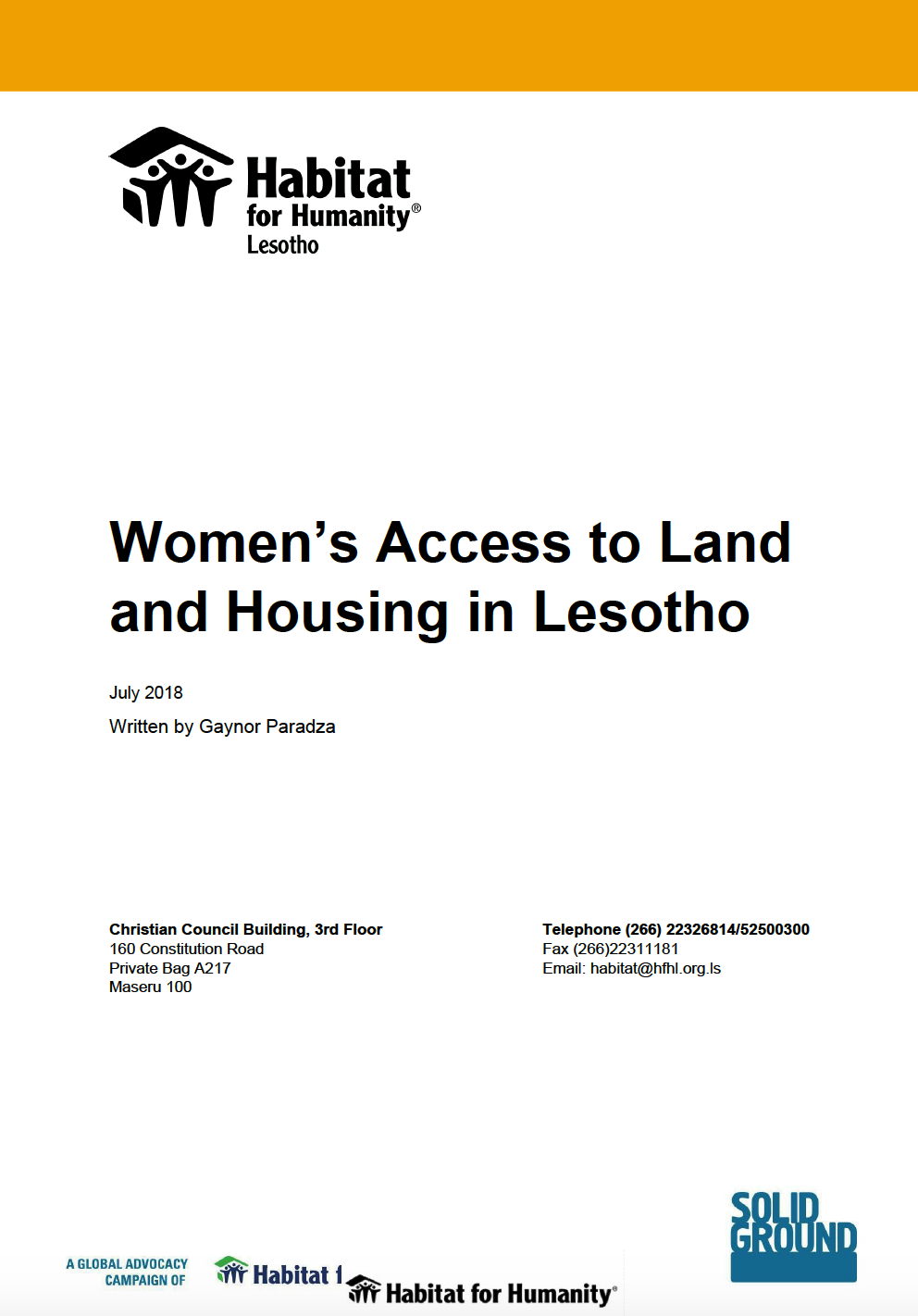The ‘new’ African customary land tenure. Characteristic, features and policy implications of a new paradigm
Most of the land in sub-Saharan Africa is governed under various forms of customary tenure. Over the past three decades a quiet paradigm shift has been taking place transforming the way such landl is governed. Driven in part by adaptations to changing context but also accelerated by neo-liberal reforms, this shift has created a ‘new’ customary tenure in sub-Saharan Africa. This paper reviews some of the evidence and analyses the ways in which this neo-liberalisation of customary tenure has been transforming relations of production and how land is governed in sub-Saharan Africa.



